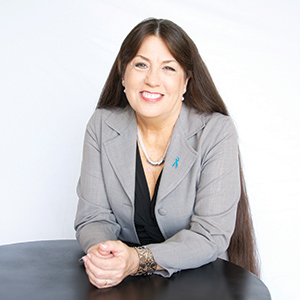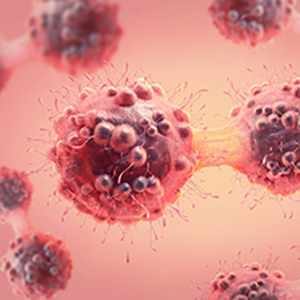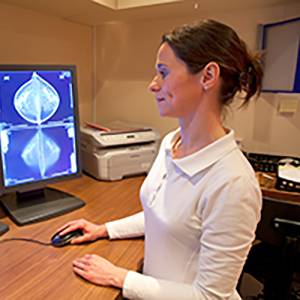-
Vaccines: Looking Within for Cancer Treatment
Researchers are testing treatment vaccines that spur the immune system to attack cancer.
by Stephen Ornes
-
Breaking Down a Cancer Diagnosis
During her husband's treatment for metastatic prostate cancer, Jan Manarite learned what questions to ask. Now she shares what she learned with others.
by Marci A. Landsmann
-
Challenges Remain for Kids With Cancer
More children are being treated successfully for cancer. Yet researchers continue searching for new therapies that will help kids who don't respond to standard treatments.
by Cameron Walker
-
Q&A
Trial GuideResearcher Tom Marsilje is helping fellow colorectal cancer patients sort through clinical trials.
by Kate Yandell
-
Survivor Profile
The Gift of MusicA self-taught musician takes what he has learned from his experience with kidney cancer to entertain, teach and inspire.
by Jenny Song
-
Forward Look
Tackling Drug ResistanceResearchers are studing new ways to keep treatments working longer.
by Stephen Ornes
-
Forward Look
Breast Density MattersBreast cancer risk factor may be overlooked.
by Kendall K. Morgan
-
Going Off-Label
Physicians are legally permitted to prescribe drugs approved for one purpose to be used for another, a practice called off-label prescribing. The rise of targeted therapies and immunotherapies is creating new challenges for navigating off-label options.
by Kate Yandell
-
Forward Look
More Options for Adolescents in Clinical TrialsNew recommendations support inclusion of teens in adult studies.
by Susan Kreimer
Cancer Talk
Biotin Supplements Can Skew Cancer Lab Results
Products containing biotin can alter lab tests for people during and after cancer treatment.
by Laura Gesualdi Gilmore
Connecting More Patients to Cancer Clinical TrialsAACR conference brings experts together to discuss strategies to reach people historically left out of cancer research.
by Eric Fitzsimmons
Treatment Combination Improves Survival in EGFR-positive Lung CancerAdding chemotherapy to targeted therapy improves outcomes for people with advanced EGFR-positive non-small cell lung cancer.
by Sandra Gordon
Lessons From 20 Years Living With CancerMultiple myeloma survivor Jonathan Gluck reflects on uncertainty, and the scientific progress that has kept him living with cancer for more than two decades.
by Eric Fitzsimmons















